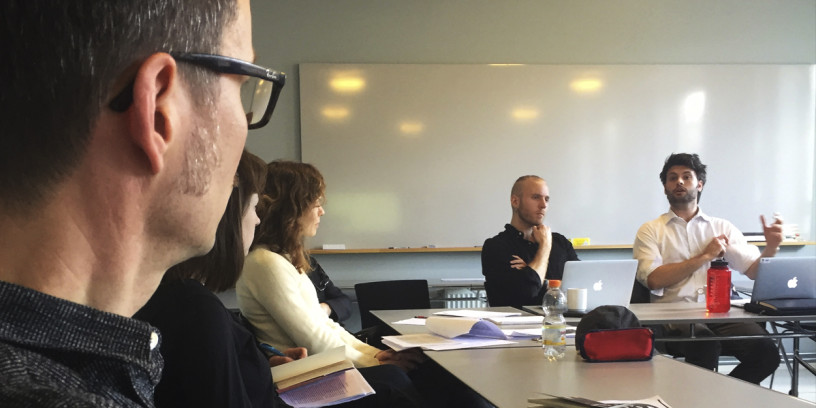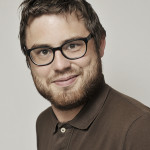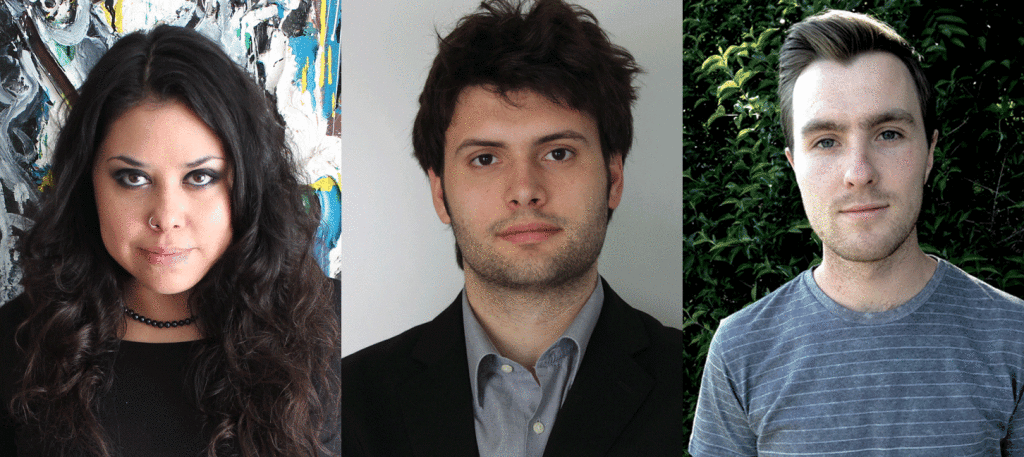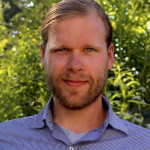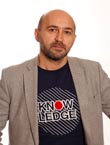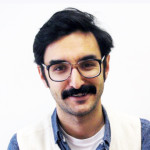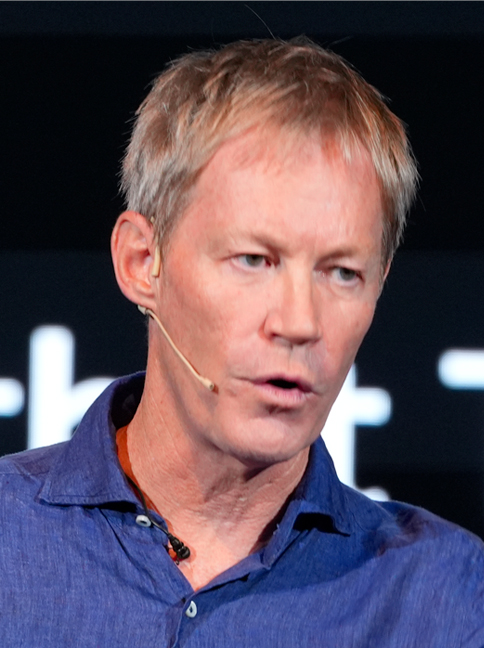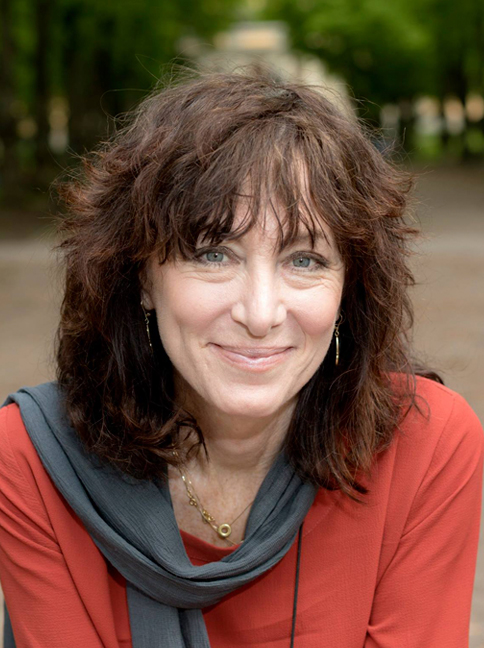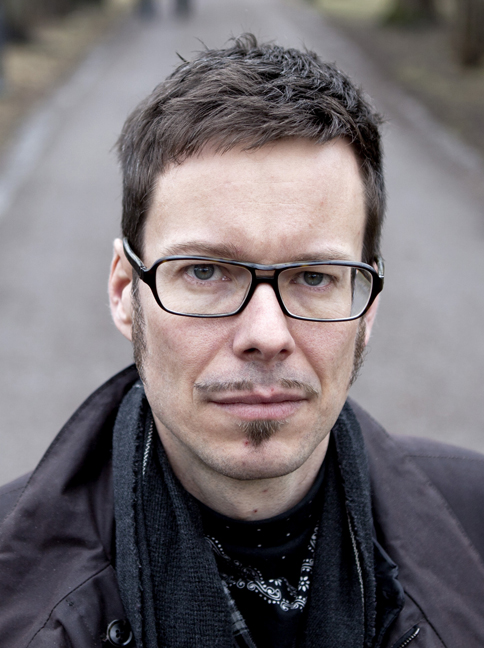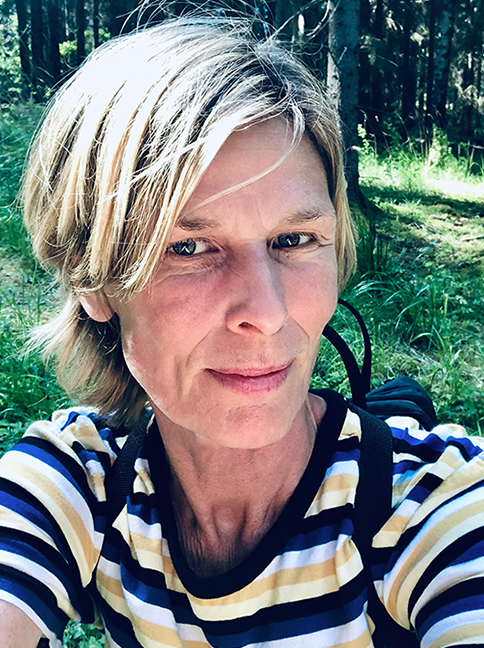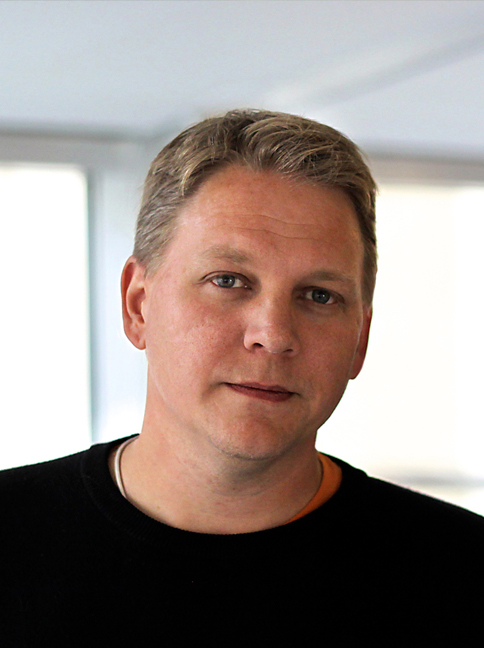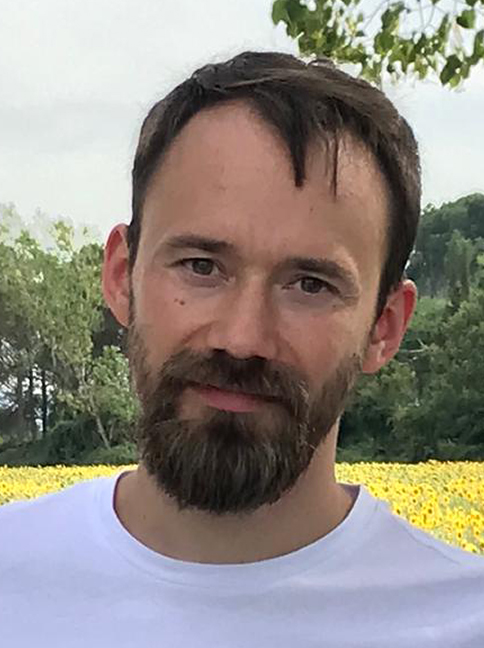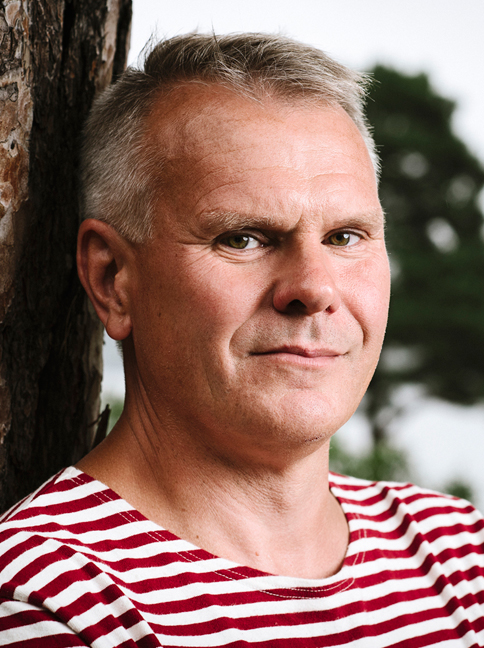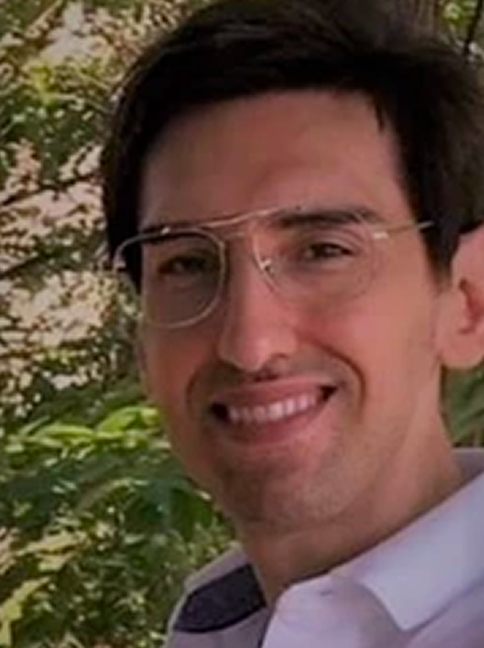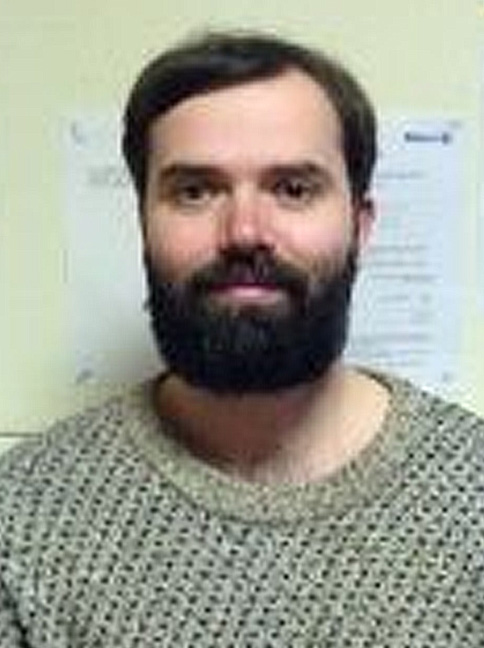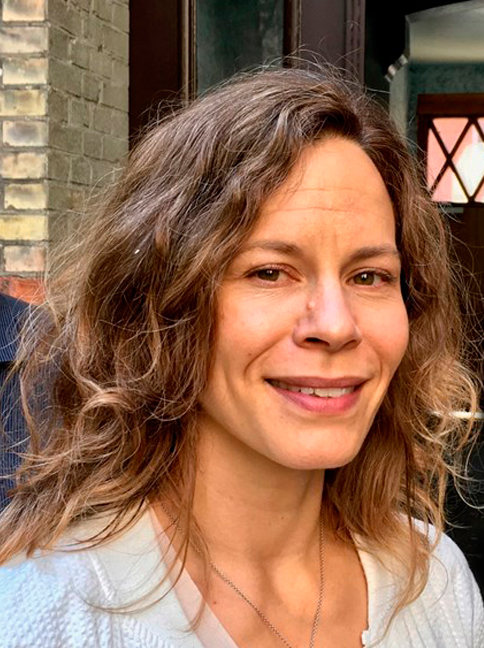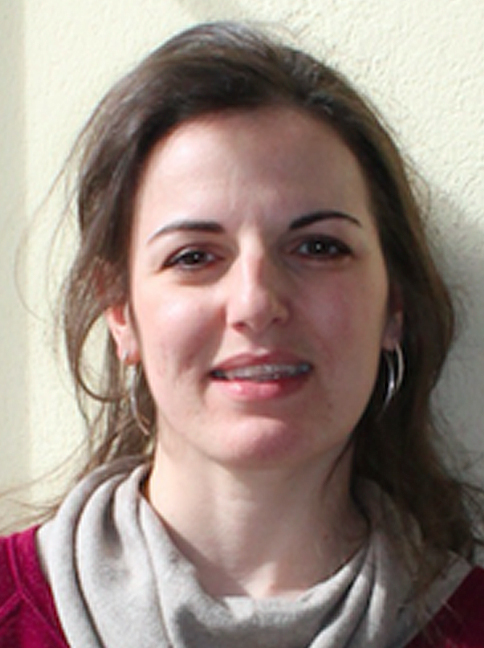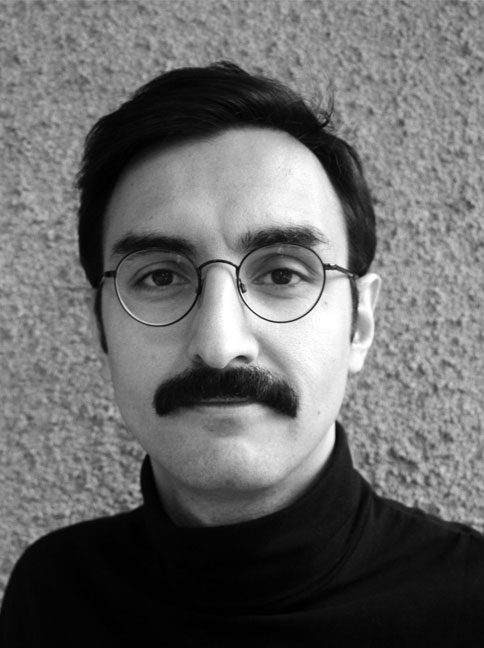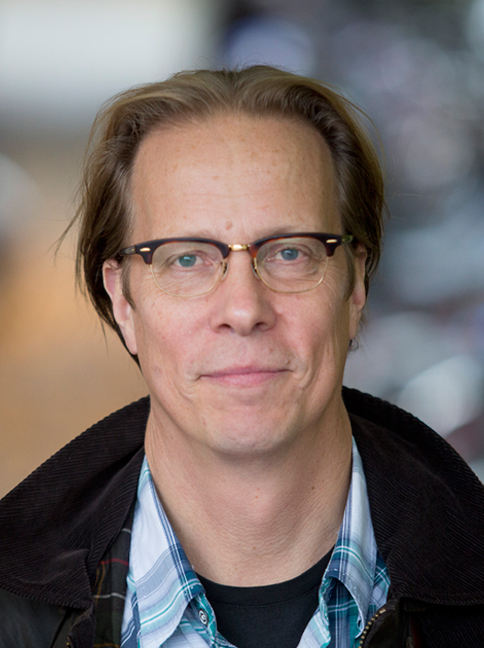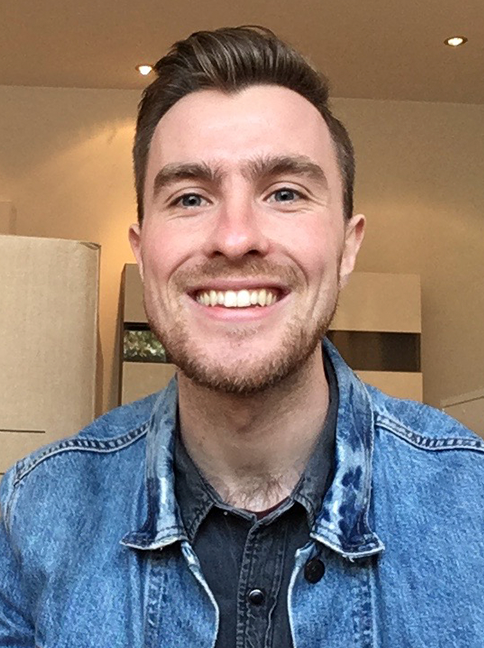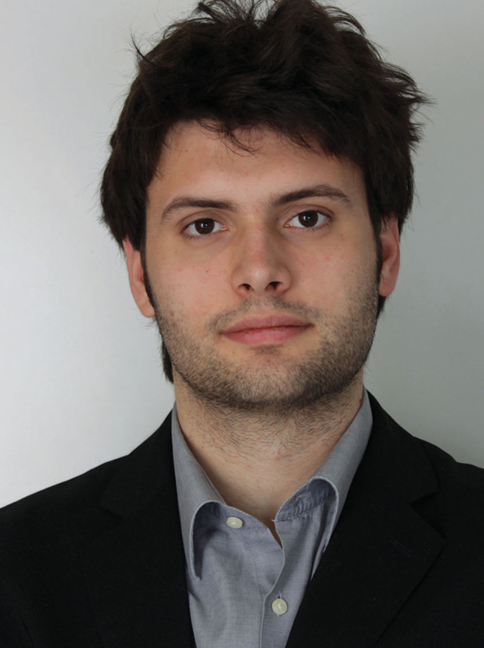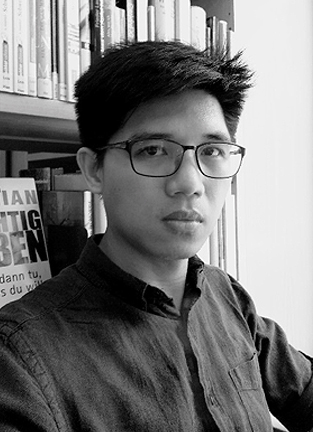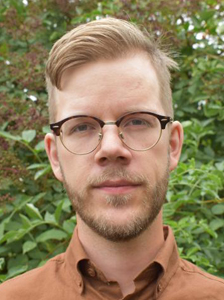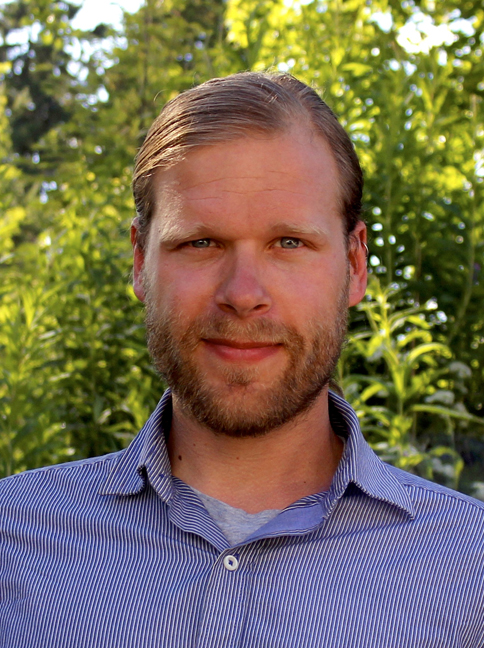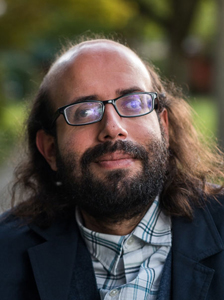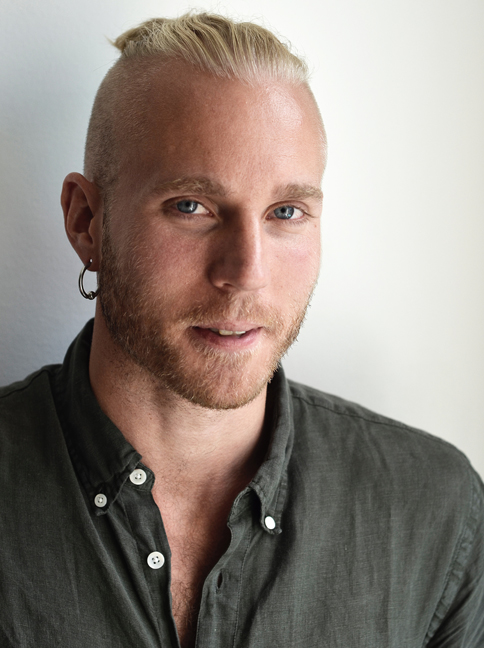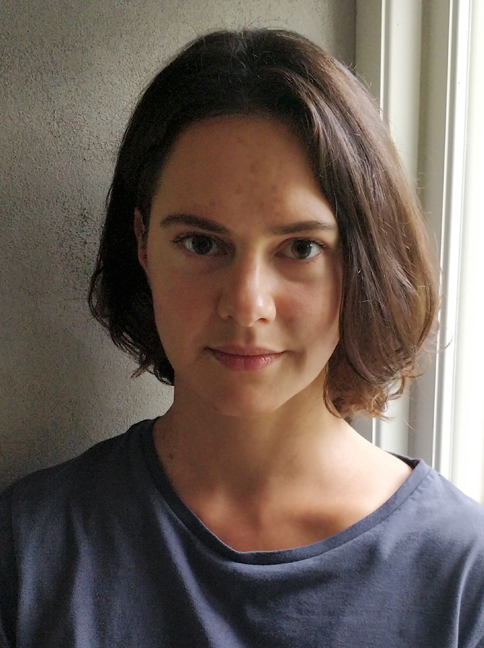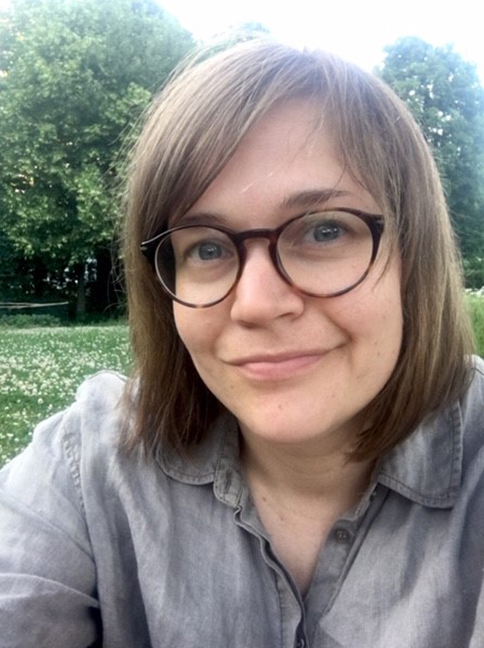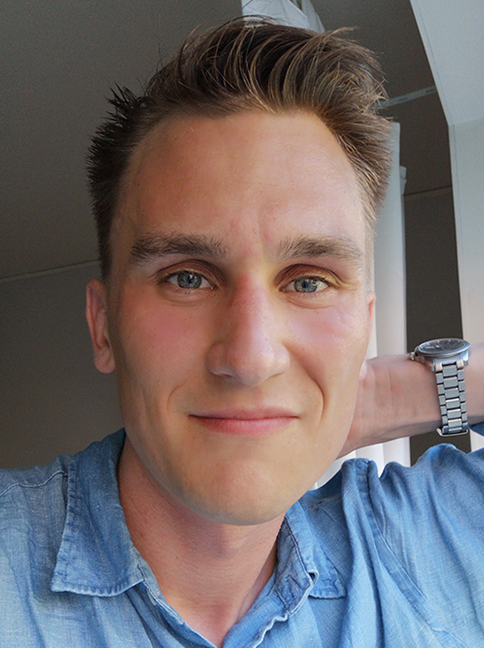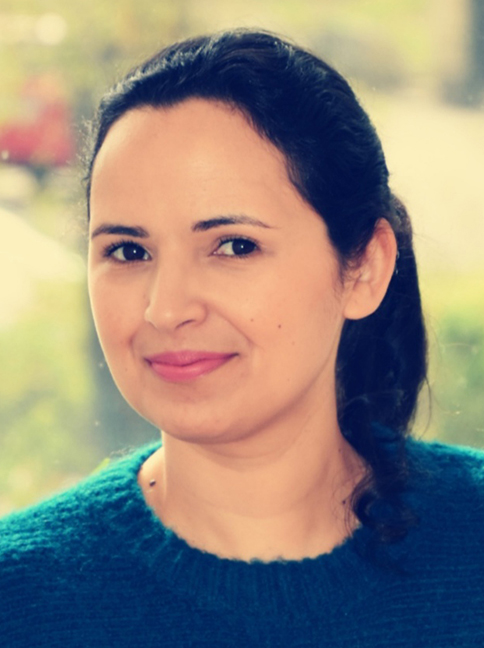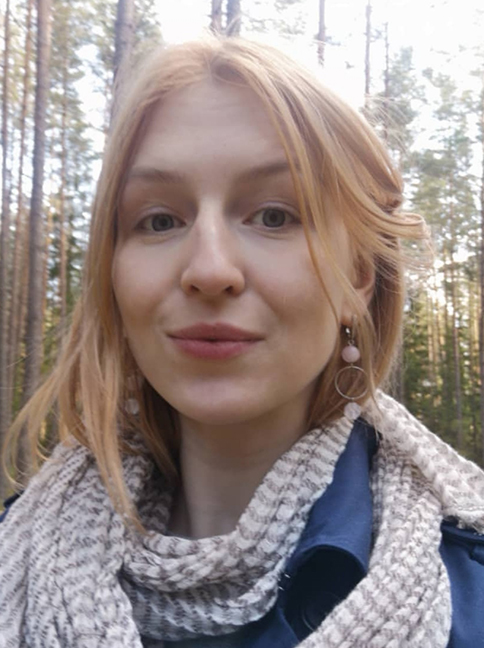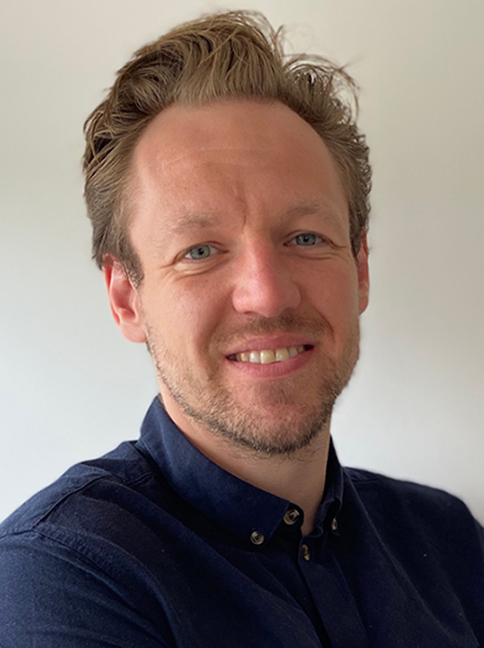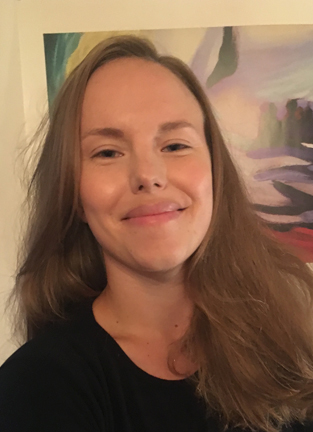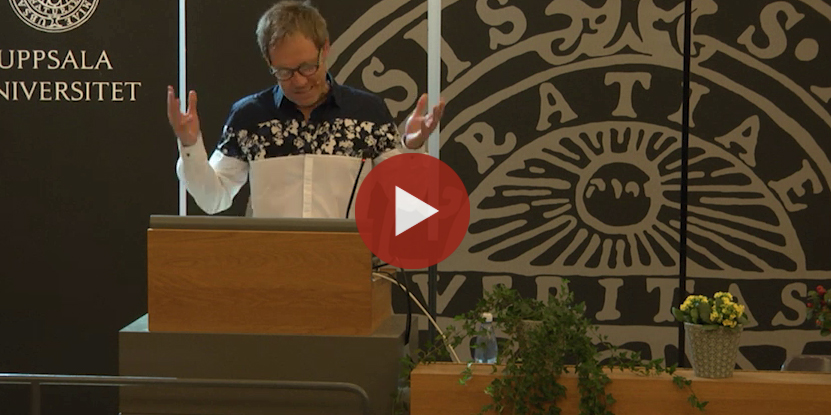Uppsala University
Schedule, Spring 2019
Time: Thursdays at 10.15-12.00 Venue: ENG 3-2028 The seminars are conducted in English. For more information and readings, contact mats.hyvonen@antro.uu.se Schedule, spring 2016 Schedule, fall 2016 Schedule, spring 2017 Schedule, fall 2017 Schedule, spring 2018 Schedule, fall 2018 Schedule, spring 2019 [this page] Schedule, fall 2019 Schedule, spring 2020
Schedule, spring 2019
Friday February 8, at 13.15-15.00, ENG 2-1022
Erik Hallstensson’s 50% seminar.
Readings: Half-time Seminar Hallstensson
Thursday February 14, at 10.15-12.00, ENG 3-2028
Homecoming seminar for Adelaida Caballero, Mirko Pasquini and Kristian Sandbekk Norsted.
Friday February 15, at 13.15-15.00, ENG 2-1022
Kasper Kristensen’s 50% seminar.
Thursday March 7, at 10.15-12.00, ENG 3-2028
“The Transnational Genealogy of Esprit de Corps”, Luis de Miranda, Postdoctoral Researcher at the School of Humanities, Education and Social Sciences, Örebro University.
Abstract: ‘You need spirit, esprit de corps’, claimed elliptically the future President Donald Trump at a news conference in 2015, when asked about his ‘plan to improve race relations’ in the USA. No journalist asked him what he meant by esprit de corps; today, the French phrase is often heard in English as a synonym of ‘team spirit’. The signifier ‘esprit de corps’ is a leitmotif of managerial discourse, designating the zeal and quasi-alchemical loyalty entrepreneurs are looking for among their employees. In 2012, according to the Association for Talent Development, US companies spent $46 billion on team-building firms, and some observers even speak of an ‘economy of esprit de corps’: according to a Gallup study, ‘disengagement in American organizations accounts for more than $450 billion in lost productivity annually,’ with less than a third of employees ‘actively engaged’ in their work. The human touch of esprit de corps is seen as an elixir that stimulates a feeling of brotherhood-in-arms: ‘Esprit de corps is a concept powerful enough to make soldiers go into battle knowing their odds of survival are slim: think how powerful it can be if harnessed in your marketing organization!’ But corporate team spirit is only one aspect of esprit de corps among others. A strong attachment and dedication among the members of a community of practice or of a body politic, esprit de corps can be perceived as a beneficial collective élan or a detrimental form of groupthink. As a polemical argumentative signifier, ‘esprit de corps’ played a significant role in the cultural, political and economic history of the last three hundred years: the idea was influential and debated during the European secularisation of education in the eighteenth-century, before and after the French Revolution, of which it was one idée-force, during the United States process of Independence, and as one of the pillar values of the Bonapartist Empire. It was subsequently praised by British colonialists, French sociologists, and emphasised during the World Wars. It was instrumental during the rise of administrative nation-states and the triumph of corporate capitalism. ‘Esprit de corps’ is today a keyword in the revival of nationalist discourses, as the Brexit example below will demonstrate. When asked about the meaning of ethics, Winston Churchill answered that in his young years he thought they must mean ‘playing the game, esprit de corps, honourable behaviour, patriotism, and the like.’ Born in early eighteenth-century France in military as well as political discourse, the phrase ‘esprit de corps’ and its implications were over the centuries an important matter of debate for many an intellectual giant: Monstequieu, d’Alembert, Voltaire, Rousseau, Bentham, the Founding Fathers, Sieyès, Mirabeau, Hegel, Tocqueville, Durkheim, Bergson, Orwell, Bourdieu, Deleuze... In fact, for some of them, esprit de corps is the very engine of History and the filter of identity.
Thursday March 28, at 10.15-12.00, ENG 3-2028
“How is Dirt Possible?”
Olli (Olof) Lagerspetz, Erik Allardt Fellow, SCAS, and Senior Lecturer in Philosophy, Åbo Akademi University.
Readings: Lagerspetz_presentation_March_28
Olli will also be giving a talk on “Peter Winch, R.G. Collingwood and Logic” at the SCAS seminar on Tuesday March 19, at 14.15.
Thursday April 11, at 10.15-12.00, ENG 3-2028
Where are the limits of the academic text? If the foremost purpose/meaning of ethnographic writing is that of textually conveying ‘lived truths’, how far can we go in our explorations of the monograph’s structure, language, and content in order to convey the nature of these ‘lived truths’ more faithfully? Poet Adelaida Caballero and manic novel reader Kristian Sandbekk Norsted, both PhD candidates at EV, discuss language and the potentiality of the textual body from the point of view of ethnography as an academic genre perpetually at the boundaries of science (fact) and literature (fiction). Chair: Sharon Rider
Thursday April 25, at 13.15-15.00, Engelska parken – Rausing Room
Vida Sundseth Brenna: PhD dissertation PM.
Organiser: Department of History of Science and Ideas
Thursday May 9, at 10.15-12.00, ENG 3-2028
“Refusing Aid: Refugees and NGO Humanitarianism in Hong Kong”, Sealing Cheng, Associate Professor, Department of Anthropology, The Chinese University of Hong Kong.
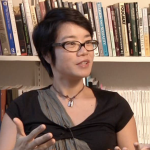
Sealing Cheng
Abstract: This talk examines humanitarian aid and assistance through the eyes of their recipients – as in the case of asylum-seekers and refugees in Hong Kong. I use several ethnographic moments of refusal to illuminate asylum-seekers’ resistance to being contained as objects of humanitarian aid, which their “saviours” actively cultivate and promote in their increasing professionalization and corporatization. The analysis locates the tensions between asylum-seekers and the institutions that pledged to help them as reverberations of post-colonialism and neoliberal developments, and examines the jagged efforts of asserting autonomy and self-organizing by asylum-seekers, raising questions about the direction that humanitarianism could take in the current historical moment.
Thursday May 23, at 10.15-12.00, ENG 3-2028
Mahmoud Keshavarz presents his ongoing research.

English Park Campus – Centre for the humanities: http://www.engelskaparken.uu.se/?languageId=1

